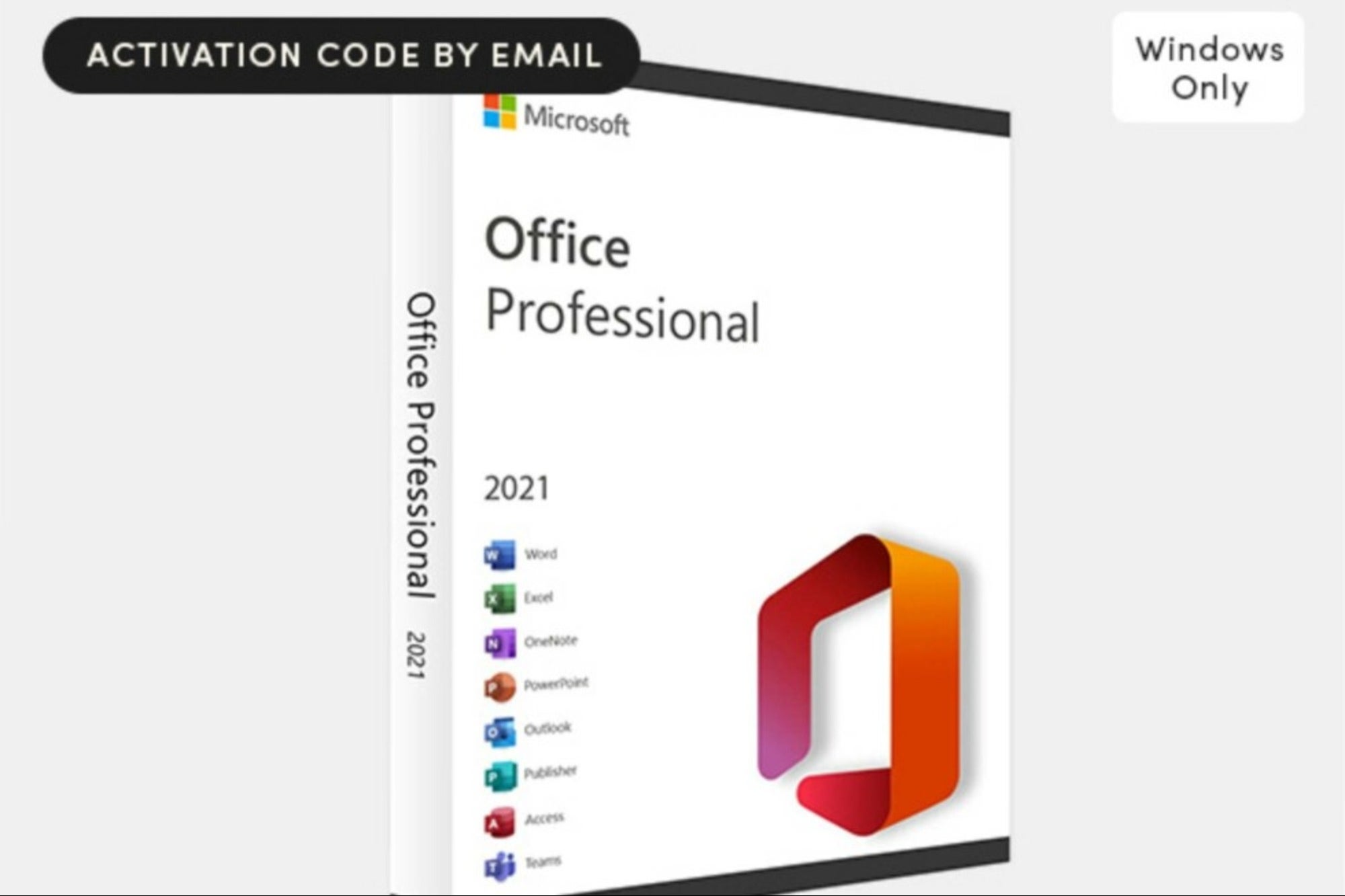Opinions expressed by Entrepreneur contributors are their own.
Reputation management for CEOs is absolutely critical. As one of the most visible faces of your business, anything you say or do that’s unpopular can — and likely will — harm not just your personal reputation but also your company’s brand and revenue.
That’s why it’s always better to be proactive. Avoiding controversy, whether through your business practices or personal opinions, is key. A smart way to safeguard yourself is by working with a CEO reputation-management consultant who can remove negative search results.
Join top CEOs, founders and operators at the Level Up conference to unlock strategies for scaling your business, boosting revenue and building sustainable success.
How industry leaders manage their reputation
The first step to managing your reputation is to build a personal brand and tie it closely to your company’s brand. By creating a strong, SEO-optimized online presence, you’ll gain a competitive edge in hiring top talent, building credibility and trust and reinforcing your company’s values.
When Tim Cook stepped in as Apple’s CEO, many doubted whether he could live up to Steve Jobs’ legacy. Over time, Cook not only proved himself but also infused his own philosophy into the company, ultimately leading Apple to become the first publicly traded company to reach a $1 trillion market cap. This illustrates just how crucial CEO reputation management really is.
Other strategies industry leaders use include:
-
Constant monitoring – Smart CEOs regularly Google their own name and their company’s. If negative content appears, they often turn to reputation-management consultants to minimize the damage and boost positive visibility. Remember the saying: if you want to hide a dead body, put it on page two of Google.
-
Engaging stakeholders – CEOs must actively build strong relationships with stockholders, investors, employees and customers. By listening, addressing negative news and fostering transparency, they create trust and long-term growth.
-
Positive brand perception – If your online presence is weak, work with experts to build it. This may include launching a personal website, contributing to industry publications or even creating a Wikipedia page. The goal is to provide content people want to read and to remind them your company exists to improve their lives, not just to earn revenue.
-
Clear transparency – Honest communication strengthens credibility and trust. History has shown, in cases like Elizabeth Holmes’ Theranos, that failing to prioritize ethics and transparency can have devastating consequences.
-
Crisis planning – Bad news is inevitable, but how you respond makes all the difference. CEOs should always have a clear crisis-response plan, including escalation paths and messaging for scenarios like social-media backlash or reputational threats.
Related: The Best CEOs Are Falling Short of Delivering This Top Employee Non-Negotiable. Here Are 5 Things You Can Do to Avoid This Fate.
When reputation management goes wrong
Every CEO makes mistakes, but the response often matters more than the mistake itself. Without transparency and decisive action, even well-intentioned leaders can erode trust.
Consider Target CEO Brian Cornell. After scaling back the company’s Diversity, Equity and Inclusion initiatives, public backlash was swift. Cornell reassured customers, “We are still the Target you know and believe in,” but without concrete follow-up, skepticism lingered.
United Airlines CEO Oscar Munoz faced a viral crisis when a passenger was forcibly removed from an overbooked flight. His initial defense of the airline and blame on the passenger deepened public outrage. Only after multiple apologies and policy reforms did the company begin to recover, but the delayed empathy cost valuable trust.
Walmart CEO Doug McMillon took a different approach. Amid criticism over low wages, he acknowledged the issue directly: “We have work to do.” Walmart then raised base pay, expanded training and created clearer career paths. The proactive response not only improved brand perception but also set a new industry benchmark.
YouTube CEO Susan Wojcicki faced mounting pressure over the platform’s handling of hate speech and harmful content. Advertisers threatened to leave, and creators demanded change. In response, YouTube introduced stronger policies, moderation tools and clearer guidelines. While controversy persisted, her willingness to own the problem and act decisively eased tensions and reduced regulatory threats.
The lesson: Effective crisis leadership requires early acknowledgment, visible empathy and meaningful action, not just words.
Related: Poor Leadership Is Going Viral on Social Media Amid Mass Layoffs
The role of CEO reputation management consultants
As CEOs gain visibility, it becomes easier to lose touch with everyday consumers. Reputation management consultants help bridge that gap by ensuring your messaging remains consistent and credible, or even removing bad press. They often have established media connections, which can help shape a positive narrative.
While you’ll always be expected to address controversies, you should never do so without guidance. A rushed or poorly worded statement can cause far more damage than taking time to craft a thoughtful response with your team.
Every consultant brings different expertise aimed at shaping public and stakeholder perception. Before hiring one, do your research — even Google their name. The right consultant can be the difference between rebounding stronger after a crisis and struggling to recover.








